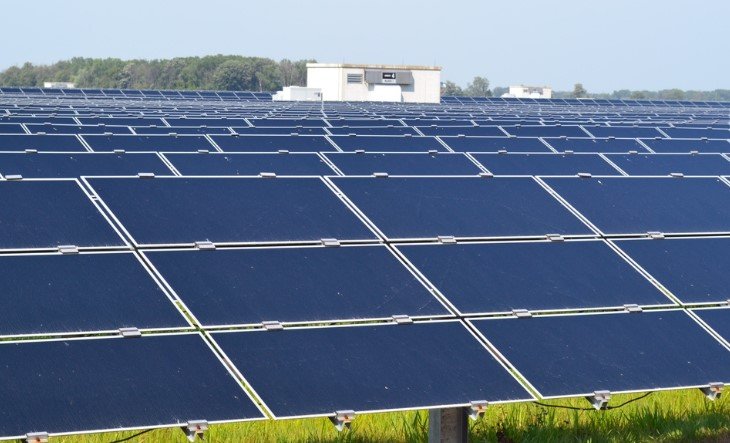Georgia Power is projecting a seismic shift in energy demand over the next decade, driven by the rapid growth of data centers fueled by advancements in artificial intelligence. The utility giant anticipates that electricity demand in Georgia could triple by the mid-2030s, highlighting the state’s growing role in technology and economic expansion.
AI-Driven Data Centers: The New Industrial Revolution?
The rise of artificial intelligence is transforming industries, and Georgia seems poised to lead this technological shift. Data centers, crucial for AI development and deployment, are expected to be at the heart of this change. Georgia Power forecasts a load growth of 12,000 megawatts, a figure that could triple within the next decade. This prediction is tied to the state’s increasing economic activities, with 90 large-scale industrial projects potentially launching by the end of the 2020s.
These centers require immense power. According to the U.S. Department of Energy, data centers consume 10 to 50 times more electricity than average commercial buildings. By 2035, these facilities could account for over 9% of the U.S.’s total electricity usage, up from 3.5% today, per Barclays Equity Research.
But critics question whether Georgia Power’s forecasts are realistic. Maggie Shober from the Southern Alliance for Clean Energy expressed skepticism, noting that many proposed data centers might not materialize despite early commitments. “A lot of these projects are speculative,” she said.

Balancing Demand with Environmental Concerns
The growing energy demand raises concerns about sustainability. While Georgia Power is ramping up its generation capacity, critics argue that the company leans too heavily on fossil fuels. In April, the Georgia Public Service Commission approved plans for expanding natural gas plants while increasing renewable energy sources. The balance between supporting data center growth and maintaining environmental responsibility is fraught with challenges.
A Barclays report highlights that AI-driven data centers require “always-on” energy. Unlike other industries with fluctuating energy needs, these facilities demand constant power 24/7, potentially straining the grid. This unrelenting demand calls for innovative solutions to maintain reliability while reducing emissions.
Key Energy Figures:
- Projected energy increase: From 12,000 MW to 36,500 MW by 2035.
- Committed projects: 25 large-scale facilities operational by 2028.
- Current energy usage: Data centers now consume 3.5% of U.S. electricity, expected to rise to over 9% by 2035.
Georgia’s Regulatory Crossroads
The Georgia Public Service Commission (PSC) will play a pivotal role in determining the state’s energy future. In early 2025, Georgia Power will submit its integrated resource plan (IRP), a three-year blueprint outlining how it intends to meet the surging demand. This plan will undergo public hearings, with input from experts, environmental advocates, and consumer representatives.
The stakes are high. State regulators will decide on critical measures such as:
- Approving new natural gas plants.
- Expanding solar and renewable energy investments.
- Setting electricity rates to account for rising costs.
These decisions will influence not only Georgia’s energy landscape but also its economic trajectory. With major corporations eyeing Georgia for data center development, the PSC’s rulings could shape the state’s competitiveness.
The Uncertainty of Commitments
Despite the buzz around data center projects, doubts remain about their feasibility. Georgia Power has reportedly secured commitments from 70 prospective data center facilities, but Shober and others warn that these agreements don’t guarantee construction. Speculative investments in potential sites complicate forecasts, making it hard to distinguish which projects will break ground.
A recent Georgia Power report noted progress on 25 large-scale projects, 13 of which are under construction. However, experts caution against overestimating the impact of speculative projects, stressing the need for careful evaluation.
Georgia’s energy challenges mirror a broader trend: balancing economic growth with environmental sustainability in a world increasingly reliant on digital infrastructure. As the state braces for a data center boom, all eyes are on how regulators and energy providers navigate this high-stakes transition.

Comments